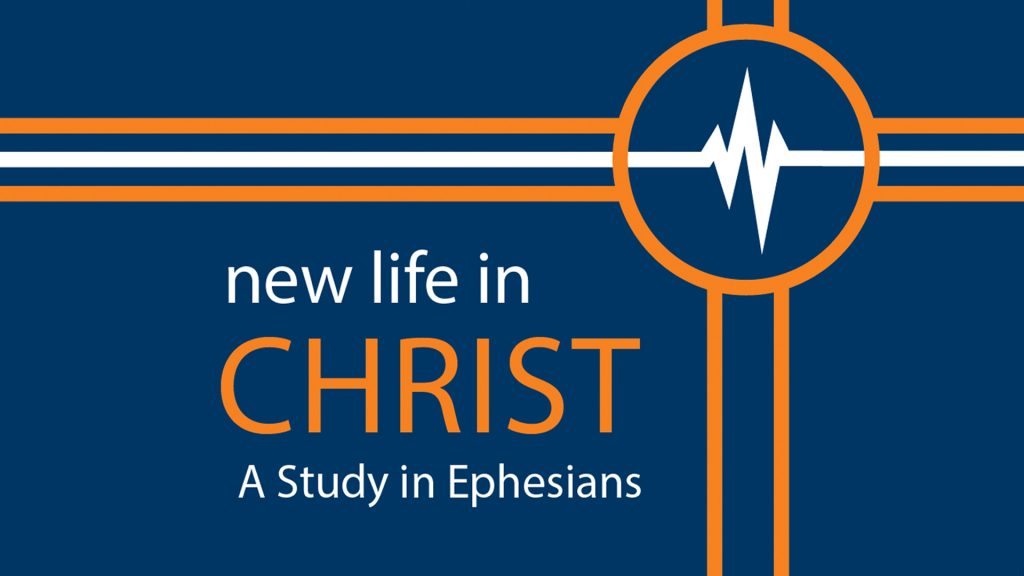Ephesians 4:31–32 “Let all bitterness, and wrath, and anger, and clamour, and evil speaking, be put away from you, with all malice: and be ye kind one to another, tenderhearted, forgiving one another, even as God for Christ’s sake hath forgiven you.”
“Christians are the most forgiven people in the world. Therefore, we should be the most forgiving people in the world.” — Ken Sande
Every moral change a believer makes in his life—referred to as putting off and putting on—is rooted in the experience of his spiritual conversion. The Christian’s walk must conform to the realities of his new life:
- A new position—member of the body of Christ
- A new enemy—the devil
- A new privilege—giving
- A new presence—the Holy Spirit
- A new peace—forgiveness through Christ
Paul’s final charge to believers in this chapter is to put away bitterness (and all of the various ways it’s displayed) and put on kindness and forgiveness because of experiencing God’s forgiveness through Christ.
| EPHESIANS 4:31–32 | PARAPHRASE |
| Let all bitterness, and wrath, and anger, and clamour, and evil speaking, be put away from you, with all malice: | Remove from yourself all bitterness and angry outbursts and seething rage and outcries and slanderous language, along with all hostility; |
| and be ye kind one to another, tenderhearted, forgiving one another, | instead, become favorable toward one another, compassionate, freely forgiving each other |
| even as God for Christ’s sake hath forgiven you. | just as God in Christ freely forgave you. |
First of all, Paul commands that bitterness, wrath, anger, clamor, evil speaking and malice be put away.
Malicious actions are rooted in bitter attitudes that have developed over time. The major sources of bitterness are reactions toward unjust mistreatments (“It’s not fair!”) or unfulfilled expectations (“I’m disappointed!”). These attitudes grow over time and begin to control the heart, eventually contaminating everyone around them (Heb. 12:15). It’s like drinking poison in an effort to hurt someone else.
The effect of bitterness is seen in the reactions of people to circumstances—wrath and anger. Wrath is a sudden outburst of fury like a volcanic eruption, whereas anger is a slow, internal burning that smolders with rage and resentment. The verbal responses of bitter people include clamoring (vehement shouting at one another) and evil speaking (slander and malicious gossip). Paul commands that these things be put away in an act of repentance, the same response we had at conversion (Eph. 4:22).
Secondly, Paul commands that, because of our new life in Christ, we are to be kind, tenderhearted and forgiving toward those whom we would have been bitter against in the past.
Kindness has the idea of being easy toward others. Jesus said, “My yoke is easy, and my burden is light” (Matt. 11:30). A tender heart is inclined to deep feelings of pity and concern. Jesus commanded this same idea in Luke 6:35—“But love ye your enemies, and do good, and lend, hoping for nothing again; and your reward shall be great, and ye shall be the children of the Highest: for he is kind unto the unthankful and to the evil.” These responses reflect the nature of God’s love and kindness, which He manifested toward us through the sufferings of Jesus Christ on the cross as a sacrifice for our sin (Titus 3:4). His rich grace makes forgiveness complete, and therefore we should forgive others as God has forgiven us.
Consider the incredible freedom forgiveness gives to those who have been previously enslaved to bitterness. Past thoughts of hatred and revenge fade away in the light of God’s love. Raging emotions subside in the crimson flood of Jesus’ blood that cleanses us from all our sins. Tongues that once cursed and fought with others are now used to build up and encourage the discouraged and weak. The new nature in the heart of the believer generates a righteous desire to be reconciled with all of God’s people and to live with them in unity. As we live the new life, let us always be kind, tenderhearted and forgiving to one another. The Son of God has not only forgiven us but also “given himself for us an offering and a sacrifice to God [the Father]” in order to pay for our sins (Eph. 5:2). The greatest consideration in any interaction we have with other believers is how God has dealt with us in love.
Listen to Dr. Pettit’s final chapel message in his series on Ephesians:
Join us for chapel every Monday through Thursday at 11 a.m. EST.








